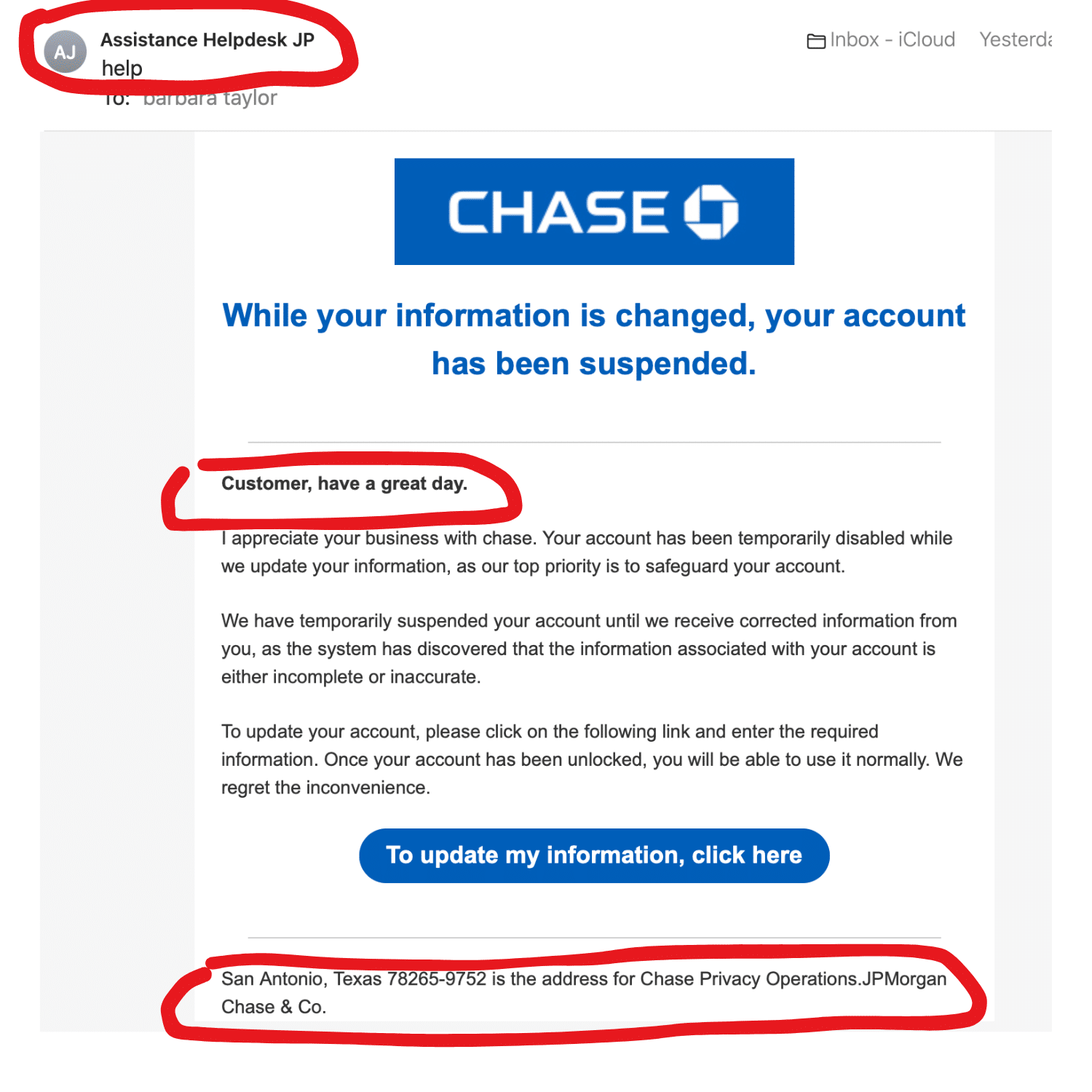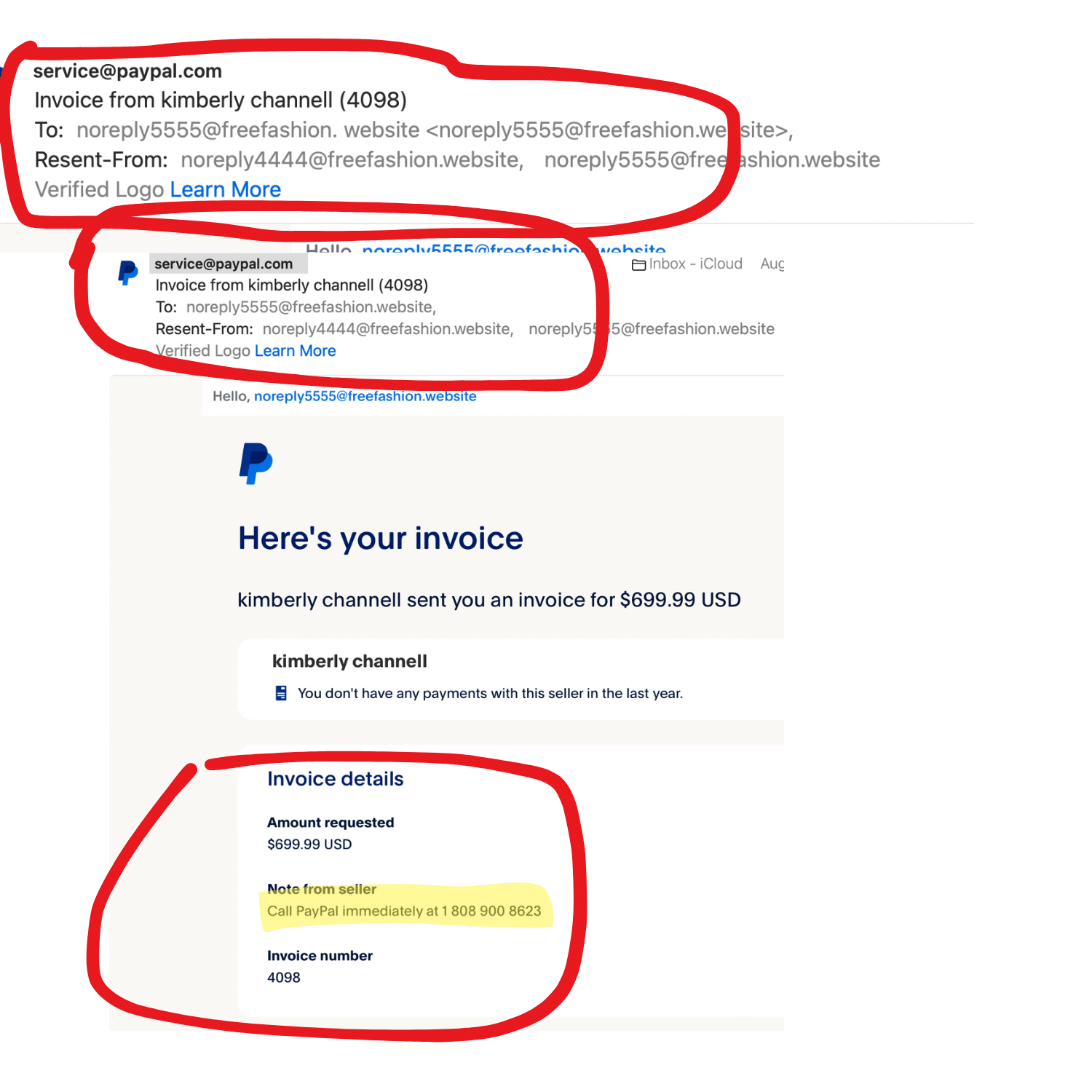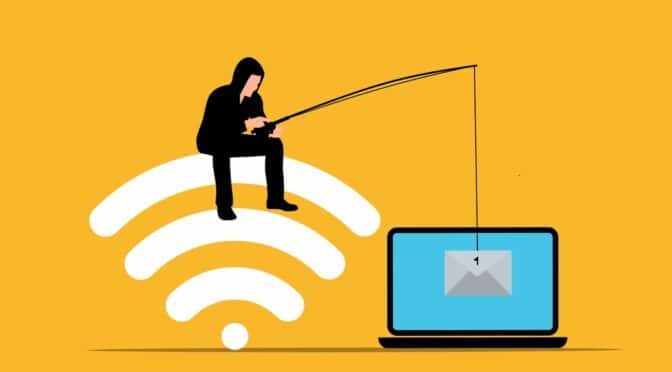by Barbara Nevins Taylor
In recent months, I have watched online scammers get more aggressive and take up more space in my inbox than politicians begging for money. The junk and spam filters do not get enough of them.
Maybe the phishing scams have increased because I’m older, and I’m on lists that make my age clear. The scammers think that people over 65 are more likely to be confused or scared into clicking on a link or calling a number to clear up something like a suddenly canceled account, or mysterious amount of money charged to some account.
This one just came supposedly from Chase. And for a minute, I thought what? Then I looked deeper.

- The first tip-off is the sender’s address. It’s not from Chase and when you click on it, the sender is erica13@(I’m not going to include the name) .com.
- Then there is the language. Your account is supposedly suspended by an email that tells you to “have a great day.”
- And finally the address at the bottom is as phony as everything else.
This is a classic online scammer, a phishing scam to lure you in. The advice here is to take a breath, don’t panic, and above all don’t click on anything or call the number.
PayPal phishing scammers have also targeted me.

Someone maybe called Kimberly Channell targeted me several times with scary emails that said someone had charged a large sum of money to my PayPal account. Of course, an 800 number was included to lure me into something horrible.
This is a big business for online scammers. The Federal Trade Commission’s (FTC) Consumer Sentinel Network had 2.6 million fraud reports in 2023. It’s true that more younger people, 44 per cent, reported losing money to scammers than older people. But the 25 per cent of people over 70 who reported scam losses, lost more money.
The FTC calculates that $2.7 billion was lost in these scams. So there is plenty of reason for all of us, especially people who are older, to be alert because the law enforcement can’t seem to keep up.
The scammers seem hard to catch. The F.B.I, the Federal Trade Commission (FTC) and local law enforcement offer warnings. But we hear precious little about arrests. So this is a warning and reminder to take extra care about what you click on, or how to respond. Don’t.
The FBI offers these tips:
- Remember that companies generally don’t contact you to ask for your username or password.
- Don’t click on anything in an unsolicited email or text message.
- Look up the company’s phone number on your own (don’t use the one a potential scammer is providing), and call the company to ask if the request is legitimate.
- Carefully examine the email address, URL, and spelling used in any correspondence.
- Scammers use slight differences to trick your eye and gain your trust.
- Be careful what you download.
- Never open an email attachment from someone you don’t know and be wary of email attachments forwarded to you.
- Set up two-factor (or multi-factor) authentication on any account that allows it, and never disable it.
- Be careful with what information you share online or on social media.
- By openly sharing things like pet names, schools you attended, family members, and your birthday, you can give a scammer all the information they need to guess your password or answer your security questions.
And there is a terrific movie called Thelma, written and directed by Josh Margolin and starring June Squibb, about a 90-something woman who falls for a telephone phishing scam and then goes after the scammer to get her money back.



